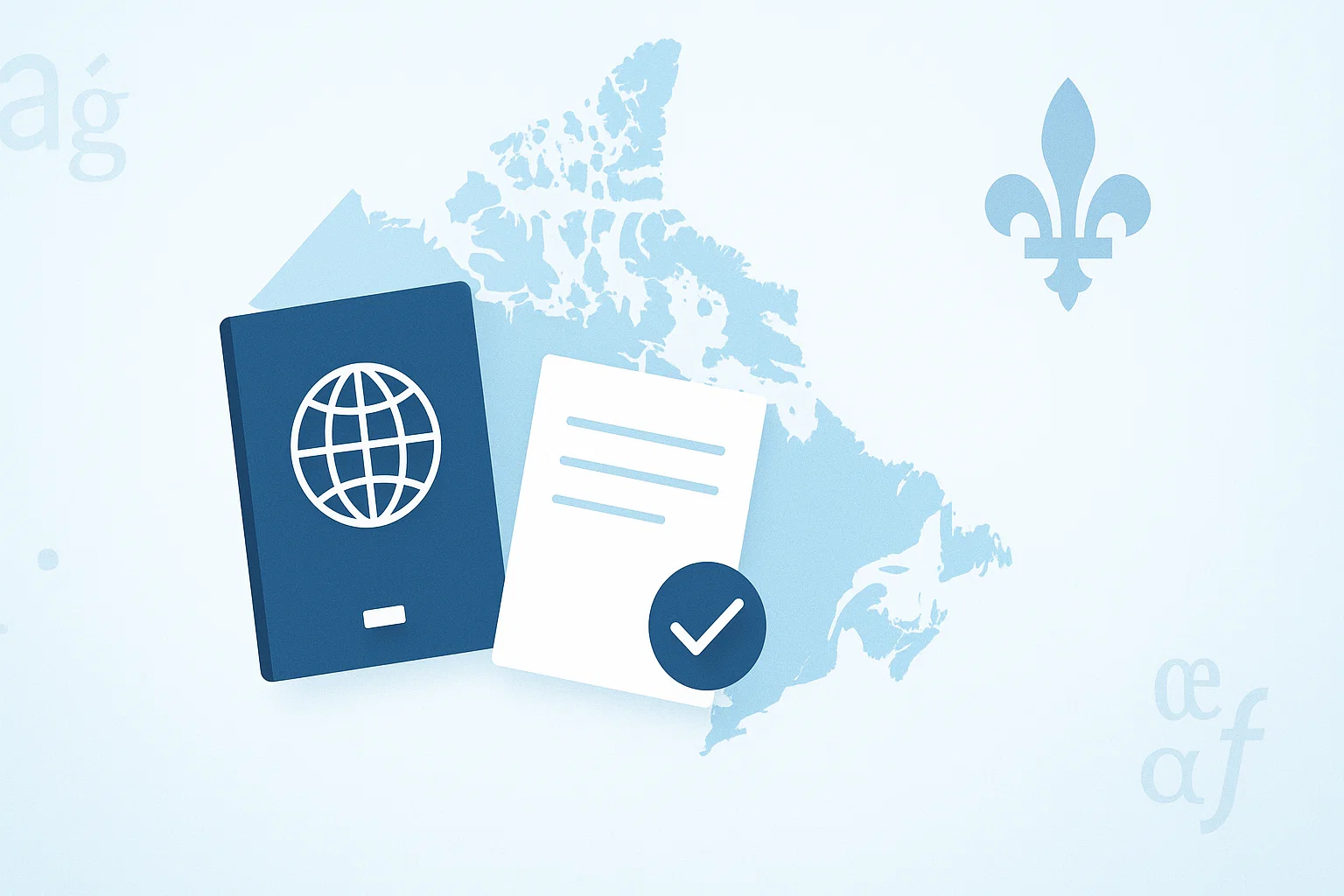
The Government of Nova Scotia released a critical update on its official website on July 16, outlining a new application processing approach for its 2025 Provincial Nominee Program (NS PNP). Citing that the volume of applications received has already exceeded its federal allocation for the year, the province stated it is unable to process all eligible applications and has established a new priority order for processing.
Priority for In-Province Applicants in Critical Industries
According to the announcement, Nova Scotia’s immigration processing for the remainder of 2025 will be strategically focused. The immigration authority will prioritize applications from individuals who are already residing in the province and hold a valid work permit that is set to expire in 2025.
Within this priority group, resources will be further directed toward skilled workers in two key industries:
- Healthcare and Social Assistance (NAICS code 62)
- Construction (NAICS code 23)
The provincial government added that beyond these industry criteria, it will also consider comprehensive factors such as "regional needs across the province" and the "likelihood of applicants remaining in Nova Scotia long-term" to ensure that nominations best serve the province's socio-economic development.
Processing of Overseas Applications Restricted, with Some Exceptions
For applicants outside of Canada, the new policy means that application pathways will be significantly narrowed. The announcement states that for 2025, while the PNP will still prioritize overseas skilled workers with experience in the three key sectors of healthcare, social assistance, and construction, most international applications from non-priority sectors will not be processed.
However, the province has maintained a pathway for employers recruiting through the Atlantic Immigration Program (AIP), allowing them to hire foreign talent in the following specific sectors:
- Trucking
- Science and technology
- Clean energy sectors
- Resource Development
2026 Policy Outlook: A Continuation of Prioritization
Looking ahead, the provincial government has also provided preliminary guidance for the coming year. It is anticipated that in 2026, Nova Scotia will continue to implement a similar prioritization strategy, with the focus remaining on applicants already working in Canada in the healthcare, social assistance, and construction sectors whose work permits are expiring in the same year.
Policy Context: Reduced Federal Immigration Allocations
The primary driver behind Nova Scotia's strategic shift is the federal government's adjustment to national immigration allocations for 2025.
In January 2025, the federal government informed all provinces that their Provincial Nominee Program (PNP) allocations for the year would be reduced by 50% compared to 2024 levels. This change aligns with the federal government's 2025–2027 Immigration Levels Plan, which lowered the national PNP landing target from 110,000 in 2024 to 55,000 for both 2025 and 2026.
As a result, Nova Scotia’s combined allocation for its PNP and the AIP was cut from 6,300 in 2024 to 3,150 in 2025. This reduction has necessitated that the provincial government adjust its nomination strategy to meet the most pressing labour market needs within its limited quota.
It is noteworthy that other Canadian provinces have also responded to this change. In the first half of 2025, major immigration provinces including British Columbia and Ontario adjusted their respective PNPs by pausing certain streams or modifying eligibility criteria. Meanwhile, Newfoundland and Labrador and New Brunswick were able to secure increased 2025 nomination allocations from the federal government in exchange for agreeing to accept more asylum claimants and other humanitarian migrants.









